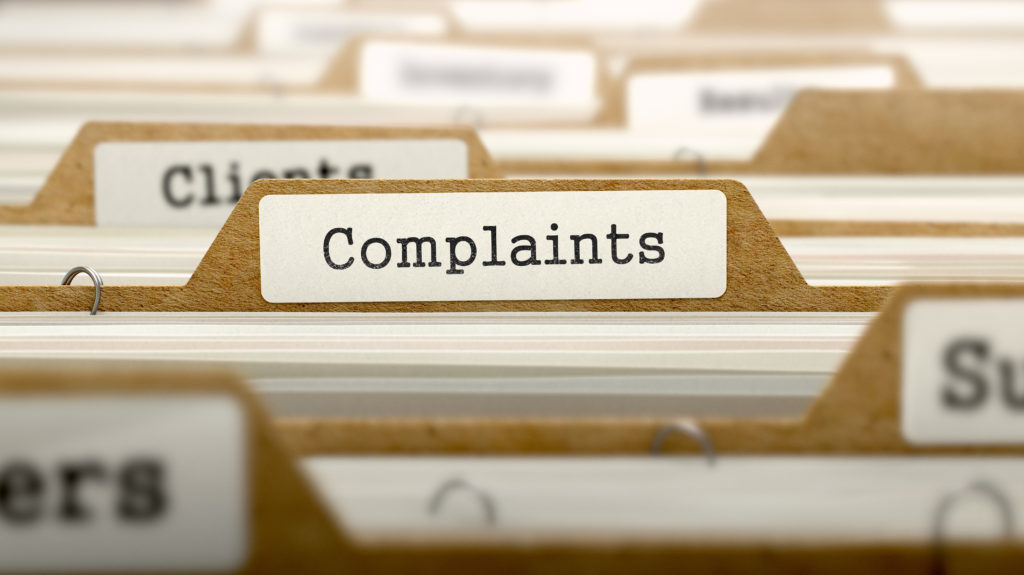 The Citizen’s Charter Complaints Task Force defines a complaint as an “expression of dissatisfaction requiring a response,” and sadly, complaints within a practice are inevitable from time to time.
The Citizen’s Charter Complaints Task Force defines a complaint as an “expression of dissatisfaction requiring a response,” and sadly, complaints within a practice are inevitable from time to time.
The CQC claimed in December last year that “there is much positive practice at all stages in the process of making a complaint”, but patients’ experiences with these systems are “not consistently good”. Under its new inspection regime, poor complaints handling can lead to enforcement action.
Treat complaints as opportunities rather than threats, and take the time to understand your practice’s obligations where complaints are concerned, as well as making sure your procedures regarding complaints are clear for both patients and staff.
Patient complaints tend to be about:
- Care or treatment provided
- Attitudes or behaviour of staff
- Standard of premises
- Organisation of services
Be assured that few patients are out to pursue a long, drawn-out formal complaint procedure. More often than not, a patient’s complaint can be dealt with there and then with an honest and open explanation or apology (if appropriate – be careful here.) Simply listening patiently to concerns is enough to rectify a grievance. A survey of 1007 complaints within a GP surgery revealed that most patients were most concerned that the same thing did not happen again, or to another patient. Reassuringly, only 7% of patients complain with the intention to seek financial compensation.
In short, most patients complain in order to:
- Be heard
- Have some wrongdoing acknowledged or explained
- Seek assurance that the issue will be addressed and not repeated
- Seek apology and regret on behalf of the perceived wrongdoer (s)
Recent advice for Practice Managers regarding complaint handling – especially in the light of new CQC reporting – is to:
- Ensure all patients are fully aware of how to make a complaint should they wish to do so. Make use of your practice website, plus leaflets and posters in your waiting rooms
- React speedily and professionally to complaints as they arise, keeping patients and any additional parties fully informed as you take steps to investigate any claim
- Furnish patients with a written summary of events, an apology if appropriate, and explanations of what steps will be taken in light of these concerns
- Make sure that complaints link to your clinical governance procedures, such as your significant event audit
- From April 2015 be aware that the statutory duty of candour may apply if a patient safety incident has led to moderate or severe harm, prolonged psychological harm or death, whether a complaint has been filed or not
- Supply an annual report of all complaints to your NHS England Area Team





0 Comments